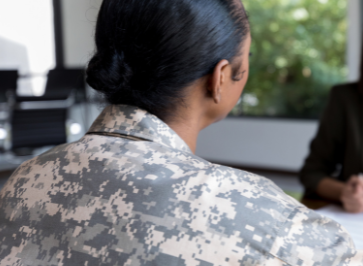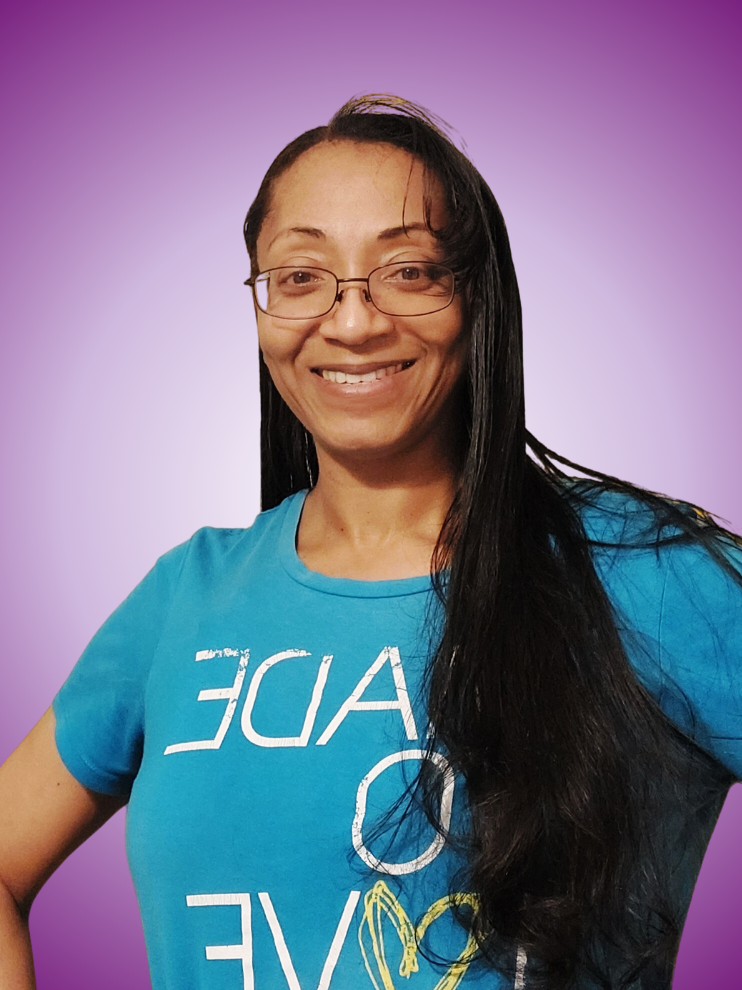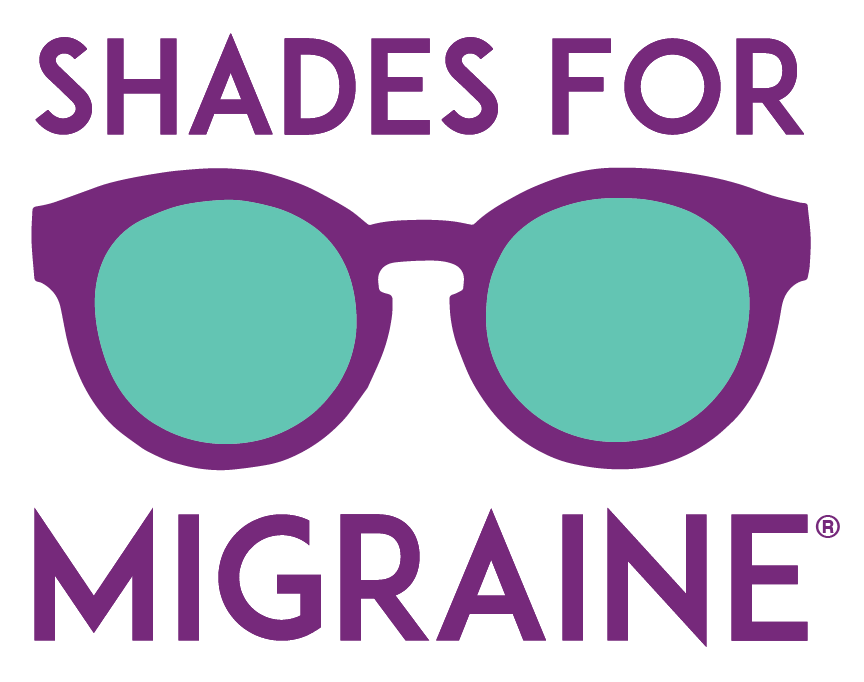Migraine: “I try to stay encouraged and smile no matter what.” #ShadesForMigraine
Published 25 Jun 2024 • Updated 26 Jun 2024 • By Somya Pokharna
Meet Tonya, a passionate advocate for chronic and rare disease patients and a Community Leader for Carenity’s partner association, Shades for Migraine. Her remarkable journey began in rural North Carolina and took her through military service, ultimately leading to her battle with migraines, which started in 1995 after serving in Saudi Arabia.
In this interview, Tonya shares insights into her symptoms, triggers, and the various treatments she has tried. She also discusses the impact of migraines on her daily life and the invaluable support she receives from her family and community. After her time in the military, Tonya pursued a career in healthcare, earning multiple degrees. Despite facing health challenges that prevented her from working, she has dedicated herself to advocating for others.
Join us as Tonya reveals her migraine coping mechanisms, her extensive work in advocacy, and her vision for the future of migraine treatment.

Hello, Tonya! Thank you so much for your willingness to share your story with the Carenity community.
First of all, could you tell us more about yourself?
I grew up in rural NC. Left for the military after high school. After the military, I got my AAS as a Medical Lab Tech. Got my BS in Healthcare Admin, but health difficulties arose and could not work. I am a patient advocate for those with chronic and rare diseases. I love to bake and sing. I now moderate/write for Migraine.com, am a Community Leader for Shades for Migraine, am a volunteer for the Oley Foundation as an HPEN Oley Ambassador. I also am an Admin for Women Veteran of Central Texas Facebook group and a volunteer moderator for Gastroparesis Support Group of Texas.

How long have you been having migraines? When did you first start experiencing symptoms?
I have had migraines since 1995 after being in Saudi Arabia for the military. I was not diagnosed officially until some years later, though.
Can you describe what a typical migraine feels like for you? How often do you experience them, and how long do they usually last? Are there any specific triggers that seem to cause them?
My migraines are always right sided, with pain over my right eye and that forehead area. It sometimes radiates into that sinus area as well. I always have severe nausea and sometimes vomiting. I do have migraine with aura half the time. I have chronic migraine that also affects me with vertigo (not all of them). I get migraines every week, at least two to four times weekly. I have sensitivity to smells, sounds and lights.
How were you diagnosed with migraines? Did you see a specialist?
I was diagnosed after being admitted to the hospital to rule out Multiple Sclerosis, brain tumors, and a worm in the brain. The vision issues were so bad that I could not see steps when walking. They ruled everything else out and said it was vertigo associated migraines causing all the issues. It was the neurologist I saw while admitted who diagnosed them.
What treatments or medications have you tried to manage your migraines? Have you found any to be particularly effective?
Some medications I tried were ibuprofen, Etodolac, Phenergan, Toradol, Atenolol, Zomitriptan, Flexeril, Gabapentin, Nalbuphine inj, Zofran, Topamax, Vistaril, Prochlorperazine, Meclizine, Sumatriptan, Maxalt, Indomethicin, Botox, Acupuncture, AlphaStim, heat and cold therapy (neck/forehead), Aimovig. What works well and best for me is the nasal Sumatriptan and 140 mg per month of Aimovig, plus Excedrin, black out curtains in my room and living room, and avoiding things such as loud noises and bright lights as much as possible. I also have a pink tint on my glasses.
What coping mechanisms or strategies have you developed to deal with migraines?
I listen to soothing low music. I enjoy journaling and baking when I can. Baking and singing bring me peace and are my therapy.
How do your migraines affect your daily life, both personally and professionally? Have they also impacted your social life or relationships?
Migraines have landed me in the hospital and emergency room on occasion. I avoid some gatherings that will have bright lights and loud noises. This was something that started affecting me while in the military and was part of the reason I got out. I do not work.
Do you receive support from family, friends, or colleagues? How important is this support to you?
My family is very supportive as my son and daughter have experience with migraines as well as I do. I have a nephew with migraines too. Many of my friends have migraines, or a close relative with migraines. Support is great because you know you are not alone. You want others to empathize with you and understand.
How do you stay hopeful and positive despite the challenges of living with migraines? Are there any improvements or advancements in migraine treatment that you hope to see in the future?
I have lots of health issues. Staying positive helps me stay in good mental health as well as physically as much as I can. I am an overall happy and positive person. I try to stay encouraged and smile no matter what. I hope that there will be a cure someday soon. I also want treatments to be more affordable for all with migraine and other diseases.
What final words of advice would you give to someone who has just been diagnosed with migraines?
I would say that there is a treatment out there for everyone. It may be a combination of several things, changing the dosage and also incorporating multiple types such as botox with an abortive and preventative. I feel we cannot give up. Get into an online or face to face support group. There are lots of helpful sites to help find a provider. No one is ever alone. Even if no one in your family gets it, online groups or websites will.
A big thank you to Tonya for this interview conducted in association with
Did you find this story helpful?
Give it a "Like" and share your thoughts and questions with the community in the comments below!
Take care!


 Facebook
Facebook Twitter
Twitter


